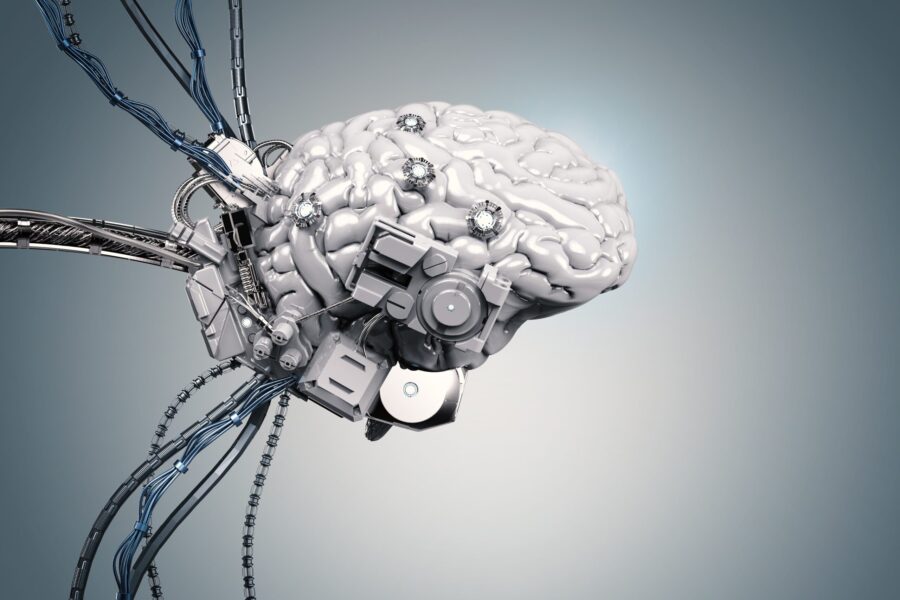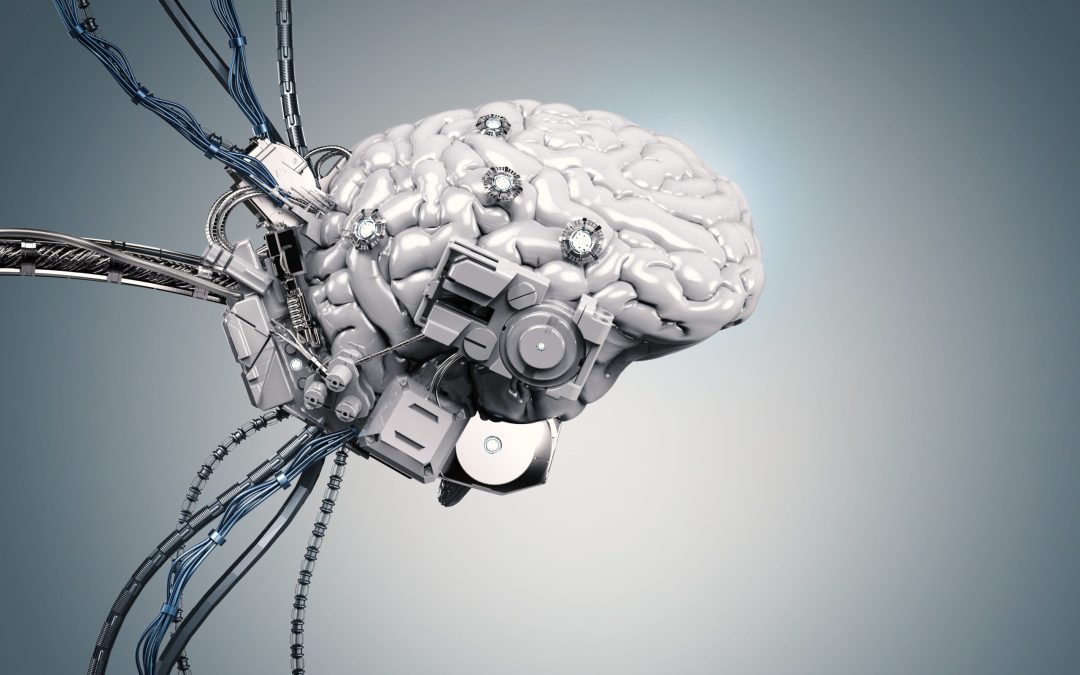
LONG-TERM IMPLICATIONS AND FUTURE DEVELOPMENTS OF EMBODIED AI
Introduction
In the midst of the International Brain Awareness Week, it is essential to delve into the ever-evolving domain of artificial intelligence (AI) and how it may pose possible comparisons with the human brain. The concept of embodied AI, where AI systems are integrated within robot bodies, recently highlighted in Scientific American, raises many intriguing questions about the potential capabilities of such technology.
Understanding Embodied AI
Embodied AI comprises AI systems inextricably merged with robotic entities. Rather than merely functioning through a virtual chatbot, these AI systems can now interact with the real world. The benefits of this technology ranges from increased efficiency to potential solutions in sectors such as healthcare, manufacturing, education, and others.
Potential Implications
The evolutionary possibilities carry long-term implications. If the ongoing trend of technological advancement continues at its current pace, embodied AI could potentially achieve a level of intelligence beyond human capacity.
- Surpassing Human Brain Capacity: While this may seem far-fetched, given certain advancements, it is plausible that over time, with the help of machine learning models (LLMs), robots could perhaps reach or even surpass the level of human brain intelligence.
- Revolutionizing Industries: With the integration of LLMs in robotics, automation levels could reach unprecedented heights, bringing about enormous changes in industries. This could lead to increased efficiency and accuracy, drastically reshaping the global economy.
- Ethical Implications: However, such developments also highlight ethical concerns about the development and deployment of AI. Concerns related to privacy, cybersecurity, and job displacement are likely to become more pronounced.
Possible Future Developments
The ongoing research in embodied AI indicates that our relationship with technology is only going to become more refined and complex. Here are some possible future developments:
- The functionality of AI could evolve to become more human-like, enhancing user engagement and AI utilization.
- Embodied AI could be harnessed to solve complex real-world problems, such as those related to climate change or disease outbreak prevention.
- Regulations and ethical guidelines surrounding AI could become stricter, aiming to minimize potential mishaps or abuses of technology.
Actionable Advice
The rise of embodied AI raises important considerations for individuals, businesses, and society at large. Therefore, it is advisable to:
- Stay informed about the latest developments in AI and understand their implications.
- Incorporate embodied AI solutions in business practices, where applicable, for increased efficiency and innovation.
- Support and advocate for responsible AI usage, advocating for privacy protection and ethical considerations in AI development and application.
